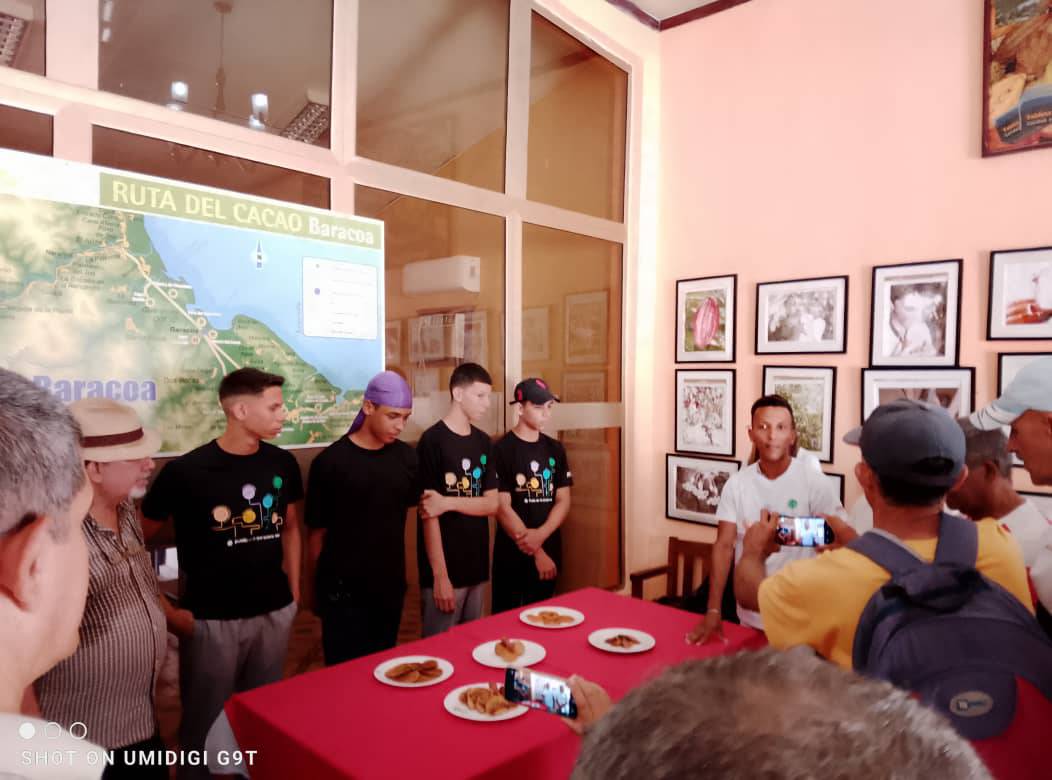 Guantánamo. – Several papers on the cultural and gastronomic richness of casabe were presented at the First National Workshop on the Great Indo-Cuban Family and Casabe: Intangible Heritage of Humanity, held from May 5 to 7 in Baracoa City, known as the First Village of Cuba.
Guantánamo. – Several papers on the cultural and gastronomic richness of casabe were presented at the First National Workshop on the Great Indo-Cuban Family and Casabe: Intangible Heritage of Humanity, held from May 5 to 7 in Baracoa City, known as the First Village of Cuba.
The aforementioned workshop welcomed participants from various regions of the country and from abroad, who shared their research work and experiences on the origin, production, and marketing of casabe, which is a flat bread made from yuca (cassava) flour and formed a staple of the Taíno indian diet in pre-colonial Cuba. Its consumption dates back to pre-Hispanic times and continues to thrive in present-day communities around the world.
Among the workshop’s most significant moments was the presence of students from the PROFET Project, which belongs to the Desembarco por Duaba Polytechnic School, in Baracoa Municipality. The activity underlined the importance of involving young people in the preservation and dissemination of culinary traditions such as casabe.
The event is also aimed at strengthening the cultural and historical identity of casava bread, reaffirming its status as Intangible Heritage of Humanity and culminating with a call to promote this cultural legacy, which is an integral part of the Indo-Cuban heritage.
The Office of the Historian of the City of Baracoa, the National Heritage Council, and the Network of the Offices of the Historian and Curators of the Heritage Cities sponsored that first workshop on the island.
Also participating were the Yucasabi Project, the National Culinary Federation, the Planty Foundation, the Circus of Italy-Cuba of Pisa, the Antonio Núñez Jiménez Foundation, and other cultural institutions from the province and municipality of Baracoa.